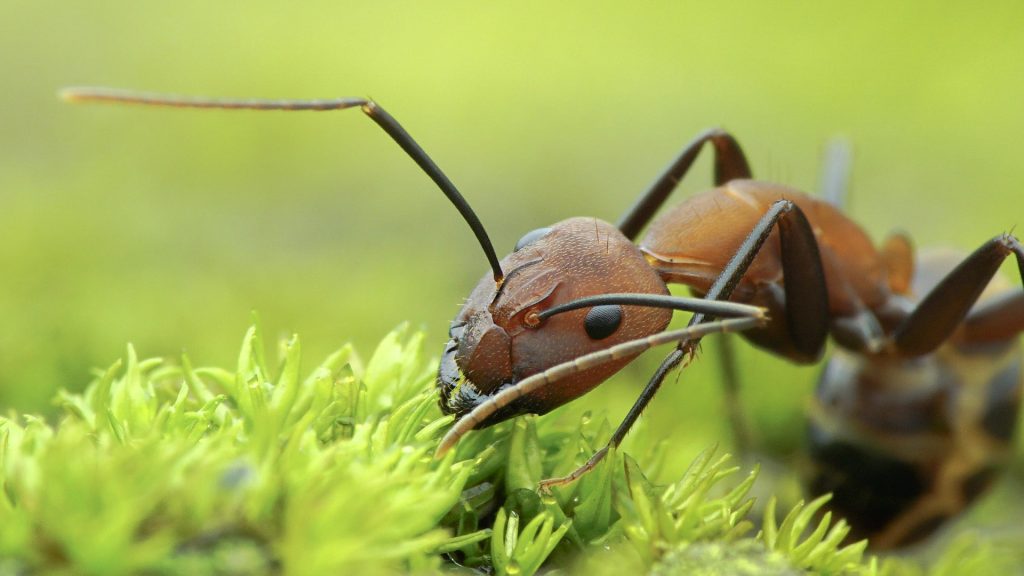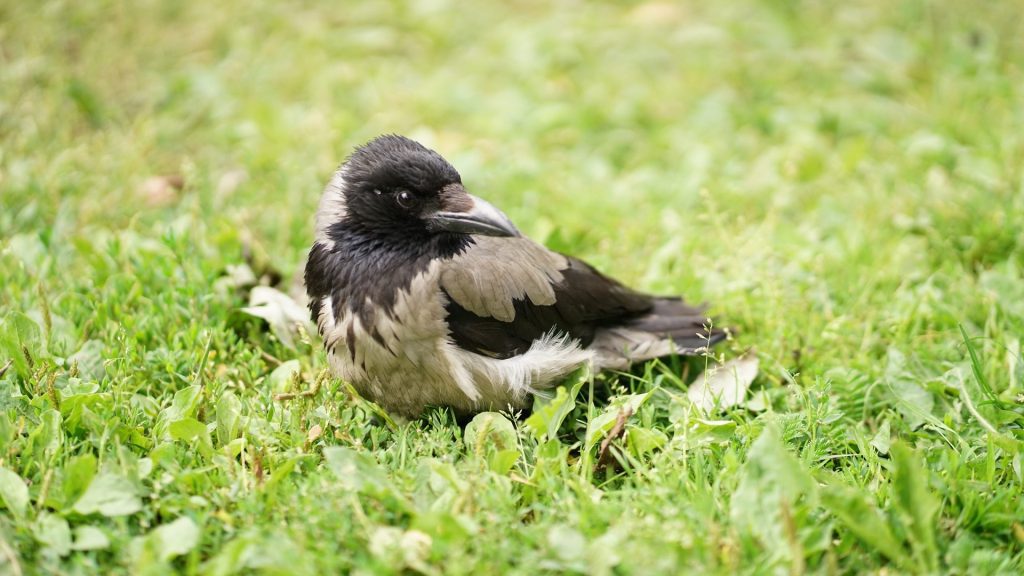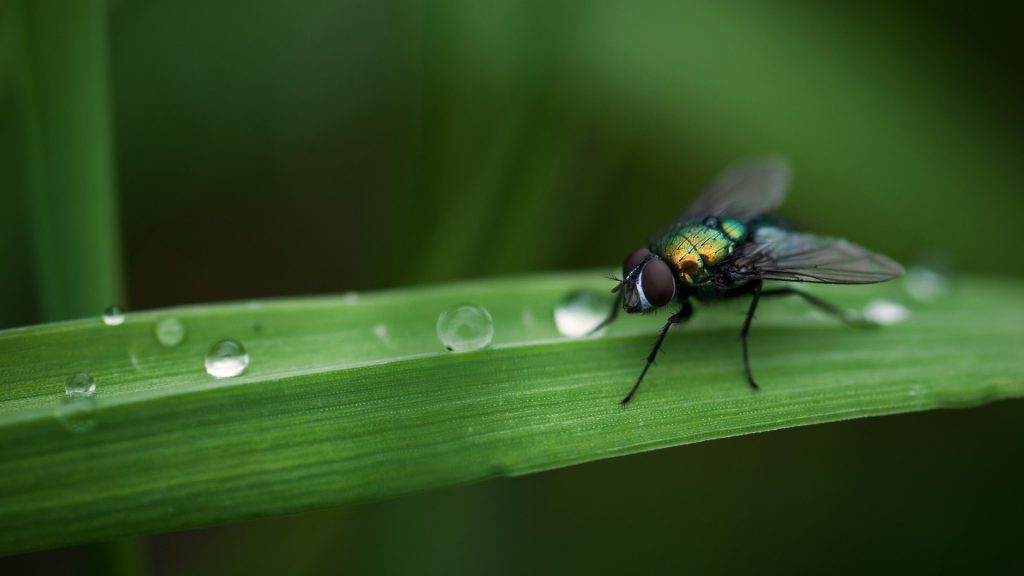
Why Is My Lawn Full of Flies? Here’s How to Get Rid of Them
Have you noticed that your lawn has a lot of flies lately?
This can be as a result of various reasons, such as that you recently had a BBQ in the garden and some food ended up on the ground.
Are flies bad for your grass? Although some flies can help to pollinate the garden, sometimes they can actually be detrimental to the health of your lawn. There are many reasons why your lawn can be the home of flies.
Here’s what you should know about why your lawn is attracting so many flies and how to remove them from your property.
What Flies Are Commonly Found In Grass?
There are different types of flies that can be drawn to your lawn and most of them are nasty pests.
They can be harmful to your grass or just a nuisance when you want to sit outside. Here are some common flies you might find in your lawn.
Frit flies
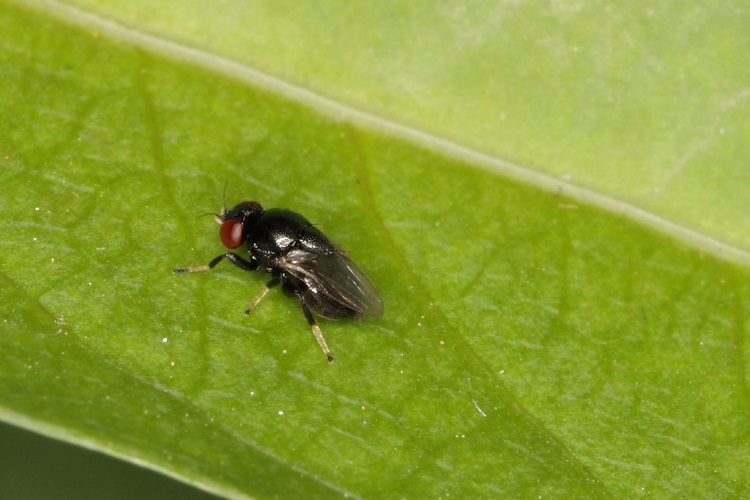
These flies are shiny, black insects that can damage the lawn with their larvae.
This larva penetrates the grass stems, which causes the grass not to grow as well as it should. It can also cause patchy or colorless grass. Grass seedlings can become weakened by these flies.
Crane flies
These flies are related to mosquitoes and other flies. They are leggy insects that lay eggs on the lawn.
Their larvae feed on the roots of the grass, causing brown patches in your lawn. It also eats grass blades and crowns, which causes even more damage to your lawn.
Ceratopogonidae (No-See-Ums)
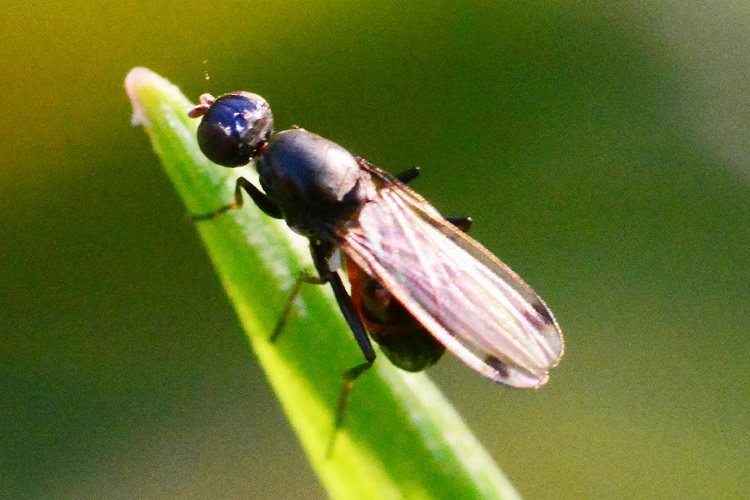
This insect is part of the fly family. Known as no-see-ums, these flies are gray in color and have wings that are covered in fine hairs.
Hence their name, they are difficult to see. They are attracted to areas where there’s dense vegetation, brush, bushes, as well as tall grass, so make sure you keep your lawn mowed.
Musca Domestica (House Fly)
Known as musca domestica, the house fly is attracted to breeding grounds outdoors, such as in dumpsters, in barns, and on fermenting lawn clippings.
These flies can transfer disease-causing organisms via their feces or regurgitations. They’re a pale gray in color with four stripes along their thorax.
Gnat
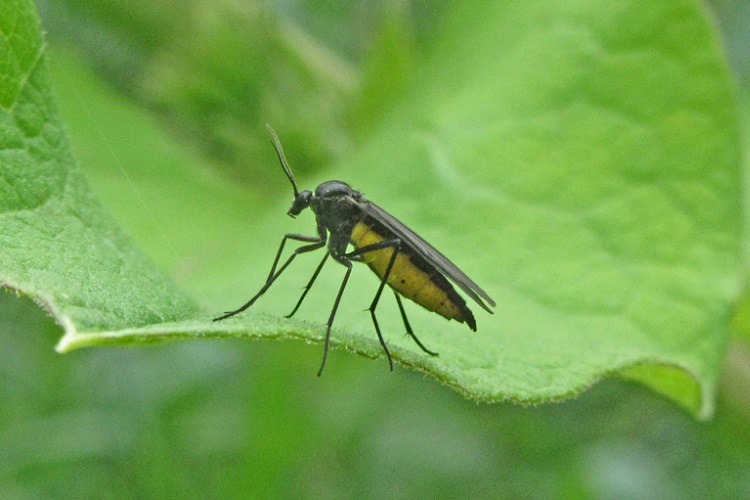
There are many different types of gnats, such as lawn gnats. These are also known as fungus gnats and they’re usually spotted hovering around the grass in large swarms.
They develop in damp soil and decaying plant material. Their larvae sometimes feed on the root hairs of grass in your lawn, but they don’t cause too much damage to the lawn, so they’re more of a nuisance.
What’s Causing Your Lawn To Have So Many Flies?
There are many problems that could be present which are bringing flies to your garden and lawn.
Here are some that could be why you’re dealing with a fly infestation.
Tall grass and plant debris
If you have lots of tall grass in your lawn, these are used by flies as breeding grounds. So, to prevent this from happening, make sure you mow your grass regularly. Never leave leaves, grass, and other plant debris lying around the lawn.
BBQ food that’s spilled

You should avoid spilling food onto your grass after a cookout as this will draw flies to the lawn. Try to get into the habit of covering food so that flies stay away.
Your garbage is not covered
Garbage is one of the most common things that will attract flies to your grass, so make sure your garbage is always covered and secured to prevent odors from seeping out and attracting flies.
Your lawn is close to manure
If you have a compost bin with manure located within close proximity to your grass or pet feces on the lawn, these can both attract flies. Make sure you clean away any pet feces and that your compost bin is not too close to your lush lawn.
You have stagnant water in your garden
There are many different types of stagnant water that you could have in your garden, such as birdbaths or puddles that form because of uneven ground. Stagnant water is the perfect place for flies to breed, and it will also attract mosquitoes.
How To Eliminate And Prevent Flies From Being Drawn To Your Lawn
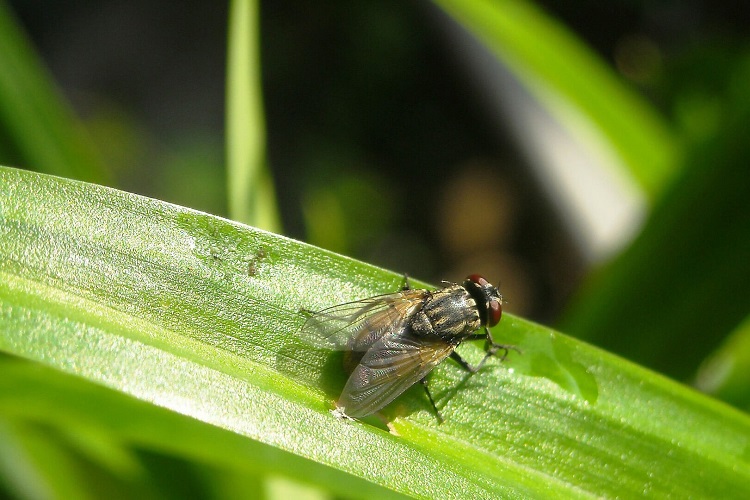
You should prevent your lawn from being attractive to flies. You can do this in a variety of ways.
- Keep your lawn clean. Pick up grass clippings and manure so that these can’t draw flies to your lawn. You should also ensure that you dethatch your lawn. Thatch is organic matter that’s decaying, so you don’t want it to accumulate on your lawn. Not only will this attract flies, but it will also stunt the growth of your grass.
- Avoid having a wet lawn. You should avoid having stagnant water on your lawn, such as in the form of puddles on uneven spots of the ground, and don’t overwater your lawn. Check the drainage of your lawn so that you don’t end up with any swampy areas.
- Choose fly-deterrent herbs and plants. This is one of the best ways to naturally repel flies from your lawn. Plant aromatic plants and herbs that discourage flies, such as lavender, lemongrass, and mint. Plant these within close proximity to your lawn. You can also just plant them in containers that you can position strategically in areas where you know flies are usually present or where you’re having problems.
- Attract natural predators. There are some predators that kill flies, so encourage them to come to your lawn to naturally keep fly numbers low. Animals such as frogs and birds both like to eat flies. You can attract birds to your property by installing birdbaths, and attract frogs to your lawn with ferns and other leafy plants around which they can take shelter and find bugs to eat.
- Use fly traps to catch flies. Flytraps work well for dealing with fly infestations outdoors. These work by containing a powder or liquid that smells terrible to us but attracts flies to them. What’s great about fly traps is that they can catch thousands of flies at once. Set up a few around the perimeter of your lawn or property.
- Use store-bought soil bacteria. You can purchase soil bacterium called bacillus thuringiensis in powder, tablet, or liquid form from your local garden center. How it works is that it kills fly larvae, including those of gnats and mosquitoes. You should use one disk in ponds (that are up to 100 square feet) and a quarter of a disk in rain barrels. Just make sure you never apply it to sources of drinking water.
Should You Use Chemicals To Kill Flies In Your Lawn?
If all other methods of eliminating and preventing flies have failed, which would be quite rare, you might turn to chemical treatments.
However, proceed with caution. Many of these products can be sprayed onto the flies, but they can also harm other, beneficial insects that are lingering in your garden.
Always check the product instructions and warnings before you use it on your lawn, especially because chemical treatments can be harmful to humans and pets.
What About Maggots In Your Lawn?
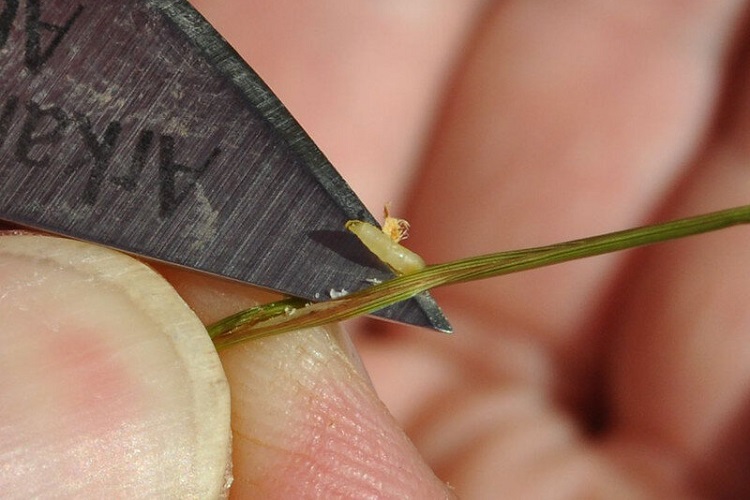
If you’re dealing with a fly infestation in your lawn, you will probably also find maggots because flies require breeding areas.
An insecticide that can destroy maggots will help you rid yourself of this problem.
If you’re not sure where the maggots are located, take a closer look at the area on the lawn where there’s a large concentration of flies. Within close proximity to them will be the area where the flies lay eggs and breed, and maggots will be visible there.
Root maggots are especially harmful to your grass. They are basically larvae of flies that like to lay eggs in the soil near plant bases, and they can eat the roots of plants, vegetables, and grass.
These maggots like soil that has a lot of organic matter in it, so make sure you eliminate plant debris and decaying plant matter from your lawn to deter them.
Related Questions
Can you use diatomaceous earth to deter root maggots?
This natural product, when sprinkled around your lawn and plants, will help you to keep root maggots out of your garden. Make sure it’s of food-grade quality to eliminate flies in general.
Can you make DIY fly strips to keep flies away?
Cut the cloth into strips and sprinkle a few drops of clove, lavender, citronella, mint, or lemongrass essential oils on them. Then, tie these cloth strips on tree branches to deter flies from your lawn.
Conclusion
If you’re dealing with a lot of flies on your lawn, you might wonder how to get rid of them.
After reading this guide, you now have all the tools you need to eliminate flies from your garden and prevent them from coming back.
This will ensure that you can spend time outside without getting irritated by how many flies are flying around and have a beautiful, healthy lawn.
Sources:
